Anxiety and depression: the valuable benefits of educating yourself
I must admit I’ve always been a knowledge junkie. As soon as I hear about something that triggers my interest, I want to know as much as possible about it. How it works. How it can be helpful. How it can be improved. Et cetera.
(Featured image: educate yourself! AI-generated illustration)
This also goes for the negative things I’ve experienced. After I had acknowledged my anxiety and depression twenty years ago, I would gladly have dismantled my mind and put it together again to learn how it had ended up how it was – if this had been possible. I had to turn to books instead, and later the Internet.
However, I can understand if you shy away from dissecting your own anxiety or depression. It’s challenging to approach something this painful and much easier to decide, “I don’t want to know! I just want it to go away!”
In my article Leaving anxiety and depression behind: how to get started, my advice #10 out of 40 was to learn as much as possible anyway. Let’s look at some reasons why.
Knowledge will increase your self-esteem and give you hope
For me personally, the indisputably most significant benefit I gained from learning about my condition was to see the difference between my condition and me. I understood that anxiety and depression are things we suffer from, not things we are.
This is an actual watershed realisation because two things follow:
- If our anxiety and depression are merely something we feel and not who we are, it means that we aren’t necessarily as faulty, worthless, and broken as we think we are.
- If we can separate our anxiety and depression from our identity and personality this way, it means we’re not necessarily doomed to carry them forever. It’s possible to do something about them.
This allows a major upgrade of our self-esteem and hope.
Knowledge makes you less vulnerable to other people’s opinions
People’s thoughts and opinions about anxiety and depression will often be an extra (and unnecessary) burden. And people have a lot of strange thoughts and opinions.
Sometimes, they have good but ignorant intentions. “Can’t you just try to think more positively?” “I’m sure you’d feel much better if you just tried to be more social.”
Sometimes, people are stupid, malicious, or even cruel. “Depressed? She’s just lazy.” “You always have to play the victim, don’t you?” “Stop being such a wimp!”
Educating yourself makes it easier to see through all these unfounded opinions and trust your own judgment and knowledge. This doesn’t mean you must pick a fight whenever someone says something stupid. It’s often enough that you know, inside, that you are right and they are wrong.

Knowledge makes you a better communicator
The day will come when you want to talk to someone about your condition. This someone might be your partner, a friend, employer, a healthcare professional, or someone else.
Someone else can’t look inside your head and spontaneously know how you feel. The most instantaneously understanding people will be those who have lived with the same struggles themselves. Next, educated and experienced healthcare professionals may be able to grasp what’s going on with you based on sparse information.
Remember, however, that most people won’t understand unless you can express what you’re feeling, and neither can you expect them to.
Learning about your condition will help you escape the state of “I don’t know what’s happening to me” and provide you with the vocabulary and logic to make people understand. You will also come across as less helpless and more in control, which makes opening up feel less shameful.
Knowledge will make healthcare professionals take you more seriously
I said above that educated healthcare professionals may understand your situation better than most people. And believe me, there are many lovely, caring, knowledgeable people working in health services out there who will do everything within their abilities and powers to help you.
And then you have the others. People who just don’t care. There can be many reasons why they don’t care, for instance:
- They are overworked, underfunded, and too tired.
- They generally lack empathy and the ability to put themselves in another person’s place.
- Despite their education, they are still judgmental towards mental health challenges, especially if they have no personal experience with them.
- A few healthcare professionals tend to look at all patients as hypochondriacs until the opposite is proven (God knows why they chose that career!).
- Their income is influenced by the number of patients they can churn through, and they want you out of their office as soon as possible.
Knowledge will make you more articulate and confident, which will make it harder for uncaring health professionals to fob you off.
Psst! I just want to give you one piece of advice: Be a little careful about how you express your knowledge. Some doctors can be put off by patients who self-diagnose and bombastically “think they know everything”.
Knowledge gives you more control over treatment
If you seek professional help, you can quickly feel at someone’s mercy. Health services might have a standardised way to deal with a specific diagnosis, which may be the right way for most people with this diagnosis but not necessarily for everyone.
Please remember, you are the only one on this planet having first-hand experience with what you feel. Also, remember that if something doesn’t feel quite right, it probably isn’t right for you.
However, “this doesn’t feel quite right” isn’t an argument likely to impress a healthcare professional trained to follow a particular protocol when treating all people with your diagnosis. They might say, “Everyone feels that way in the start; just keep going.” This can be true, but not necessarily.
Knowledge will better equip you to understand and articulate why something isn’t right for you and, perhaps, what will be right.

Knowledge gives you a headstart on your journey
Your journey out of anxiety and depression will most likely not be a broad and straight avenue. Mental health challenges are usually complicated stuff, and finding solutions for them will, in most cases, be what they call an iterative process.
In everyday language, this means that you try again and again until you get it right. Let’s have a closer look:
When you start, you (or people who help you) may have a theory about what can improve things, and you’ll try to do this. Sometimes, it doesn’t work at all or takes you only so far. However, you (or people who help you) will learn something from what happens and use it to amend the theory about what can help.
So, you test the new theory, fail or get a little bit further, learn from this, and improve the theory again. In this way, you work yourself in a spiral upwards.
Educating yourself means you don’t have to start all the way from the bottom. With knowledge, you can create a better theory in the first place and make longer leaps with each improvement of it.
Knowledge makes it easier to cope along the road
There may be times when your anxiety or depression feels overwhelming, especially if you experience setbacks on your journey.
With knowledge about your anxiety or depression, you can more clearly see your condition as an ‘enemy’ apart from yourself. As I said before, it’s something you suffer from, not something you are. This makes it easier to defend yourself when the ‘enemy’ attacks and keep your hopes up whenever a battle is lost. Losing one fight doesn’t mean you will lose the war.
Without stretching the war analogy too far, I think it’s acceptable at this point to quote Sun Tzu’s ‘The Art of War’:
If you know the enemy and know yourself, you need not fear the result of a hundred battles.
Where and how to seek knowledge
We long to get better quickly, don’t we? Of course we do, that’s only natural. This means we often turn to those who offer simple solutions. We turn to the people I call the Simplicity Prophets.
Don’t trust the simplicity prophets (at least don’t put all your eggs in one basket)
The American journalist H.L. Mencken said:
For every complex problem, there is an answer that is clear, simple, and wrong.
In my experience, there are at least three types of simplicity prophets:
- The ones who don’t have a clue about what to say and talk for the sake of talking.
- The ones who have found one thing that helps them and assume this is the one and only thing that solves everything for everyone.
- The ones who have something they want to sell to you.
What the simplicity prophets promote isn’t necessarily entirely irrelevant to your problems. What they say might be one of the things you need. However, one piece of a jigsaw puzzle will never show the whole, big picture.
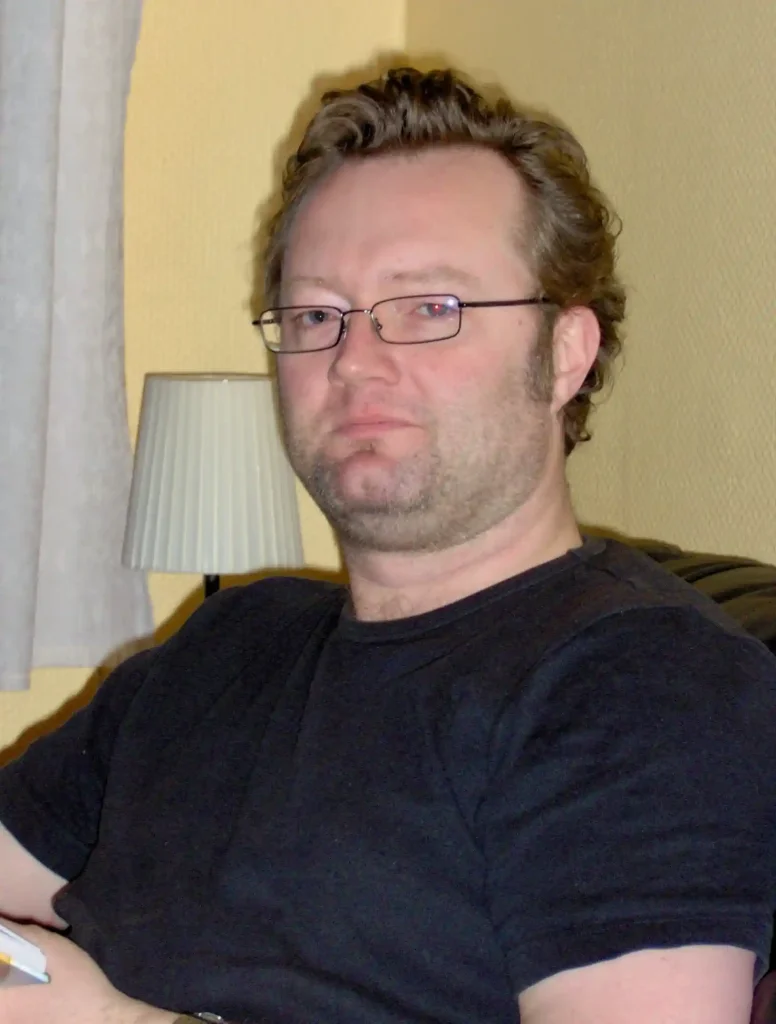
Find reliable sources for your education
There are tons of self-help books, websites, and social media profiles out there. As a true knowledge addict, I have read loads of them through the decades. 80 – 90% (rough estimate) of the self-help resources are written by one of the types of simplicity prophets listed above.
I suggest starting with resources made by public health organisations, such as the NHS. These might not provide all the answers you seek, but they will give you a backbone of reliable knowledge against which to measure everything else as you broaden your search.
If something is essential for you to understand, check multiple sources. Use what makes sense and help you, and bin the rest. You will find an abundance of things that seem intriguing at first glance but don’t stand the test of cross-checking and reflection. But here and there, among the pebbles, you’ll find the gems that really help you on your way.
So, why should you trust me?
That’s a good question because I’m undoubtedly an amateur. I have no formal education in medicine or psychology whatsoever. However, if you read my articles, you will see that I never oversimplify anything. I will never claim I have the one and only answer for you. Because you aren’t me, and your life hasn’t been my life.
What I hope to do on deliberate.one is to take all the gems I’ve collected myself by living, trying, failing, and learning, and spread them on the beach so that you and anyone else can pick them up and see if any of the jewels have any value for you.
If so, feel free to take them home.
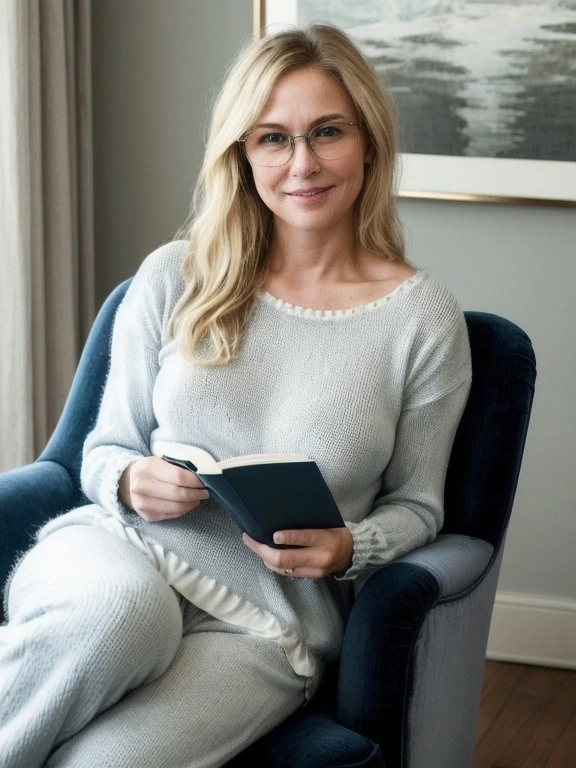
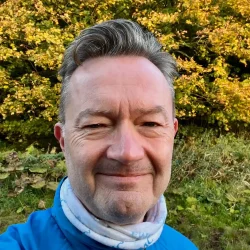


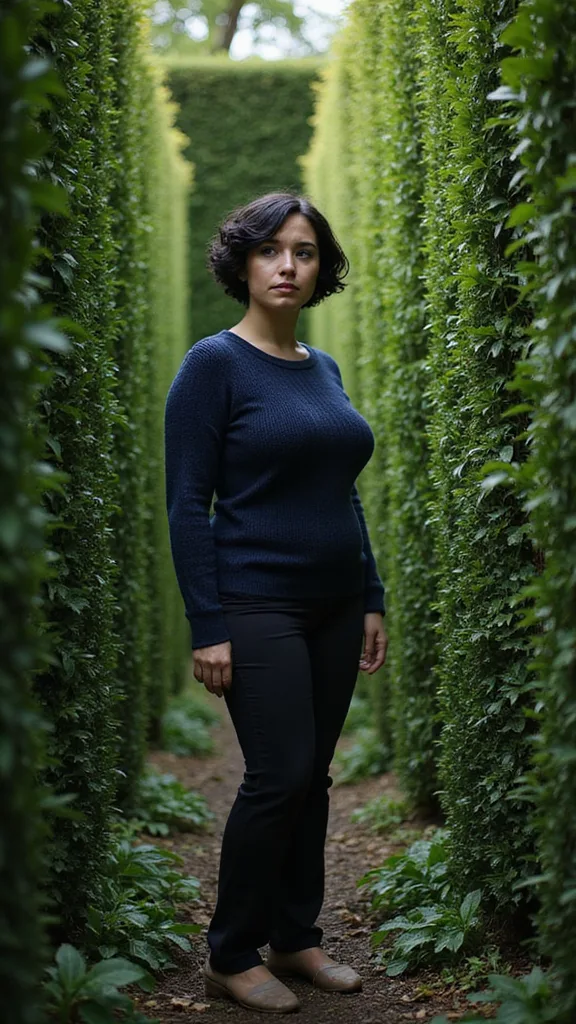




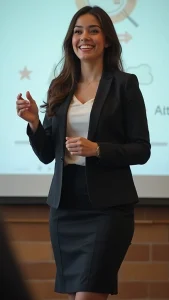





Post Comment
You must be logged in to post a comment.